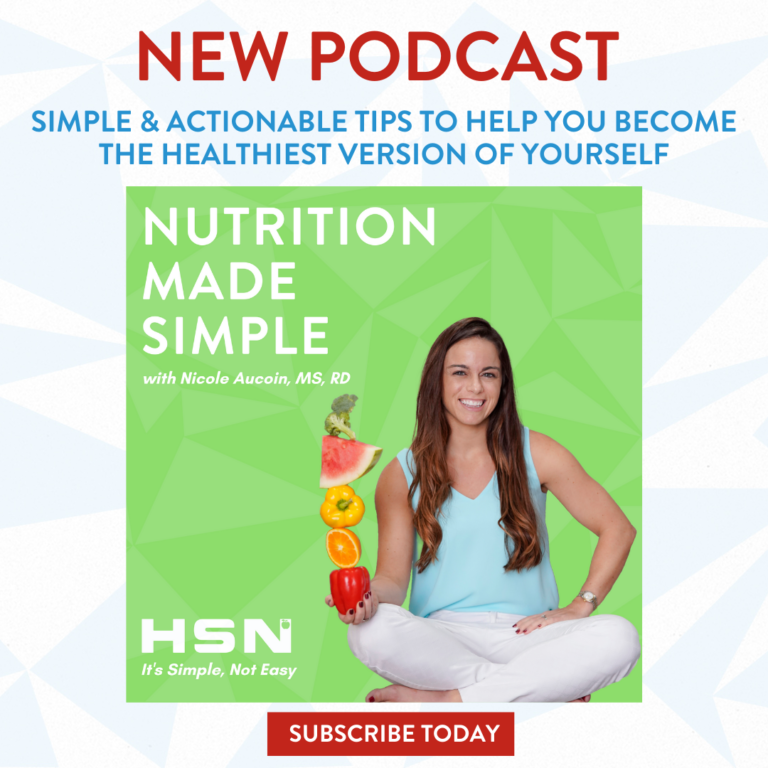We must get asked once a week what are your thoughts on intermittent fasting!
Well, the term Intermittent Fasting (IF), is when your basically alternating intervals of extreme caloric reduction with periods of normal eating. Most advocates of (IF) will tell you it helps with weight loss or that it reduces inflammation and will help fight cancer and heart disease. They aren’t necessarily wrong.
First, let’s talk about what a diet essentially is: taking in fewer calories than the amount that your body burns throughout the day to create a caloric deficit. Boom, this creates a deficit and weight loss occurs. Sounds simple, right? (IF) achieves this goal by severely limiting calories during certain days of the week or during certain times of the day. The theory is that (IF) will help decrease appetite by slowing the body’s metabolism. Again, not necessarily wrong.
In a recent study published in Jama Internal Medicine, 100 overweight people were given one of three options for a 12-month study: restricting daily caloric intake by the same amount every day (HSN way), fasting on alternate days or continue with their normal eating habits. At the end of the 12 months, both diet groups had lost weight compared to the normal eaters. However, the dropout rate among the fasting group was 38% higher. Why is that? This certainly reflects a real-life pitfall for fasting for a weightless goal now doesn’t it? “It’s human nature for people to want to reward themselves after doing very hard work, such as exercise or fasting for a long period of time, so the danger of indulging in unhealthy dietary habits on non-fasting days becomes an issue” according to Dr. Hu. There is a strong biological push to overeat following fasting periods, your hormones and hunger center in your brain go into overdrive when your deprived food.
But for some people, intermittent fasting could be the answer. Some clients don’t want to be bothered by logging their food and filling out paperwork for eating. In some cases, having a reduced eating window can still have a positive effect on blood pressure as well as insulin levels by simply eating during the hours of 7 am to 3 pm and avoid late-night snacking.
In the end, if you are considering fasting, make sure to discuss it with your doctor, especially, if you’re diabetic or have any other medical history.








